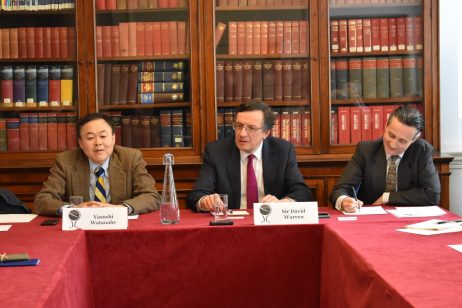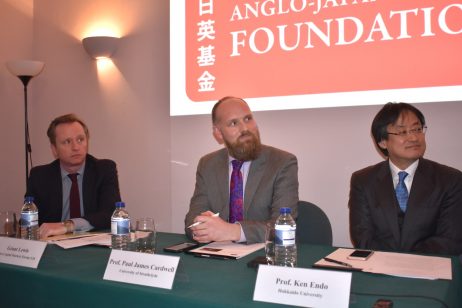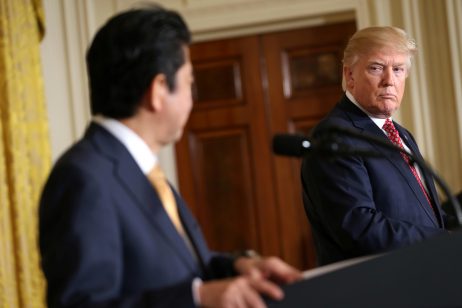30 April 2019
Populism in Japan
Japan seems to be a relatively stable democracy at a time of rising populism around the world. Japan has successfully advanced free trade initiatives in the Asia Pacific region and with Europe and Shinzo Abe is soon to be the longest-serving prime minister in the country’s history. Yet, it by no means follows that Japan is immune to populistic impulsions. This event explored how populism plays out in public discourses across society, politics and foreign relations in Japan today and how the case of Japan can be situated in a global context.
More info








